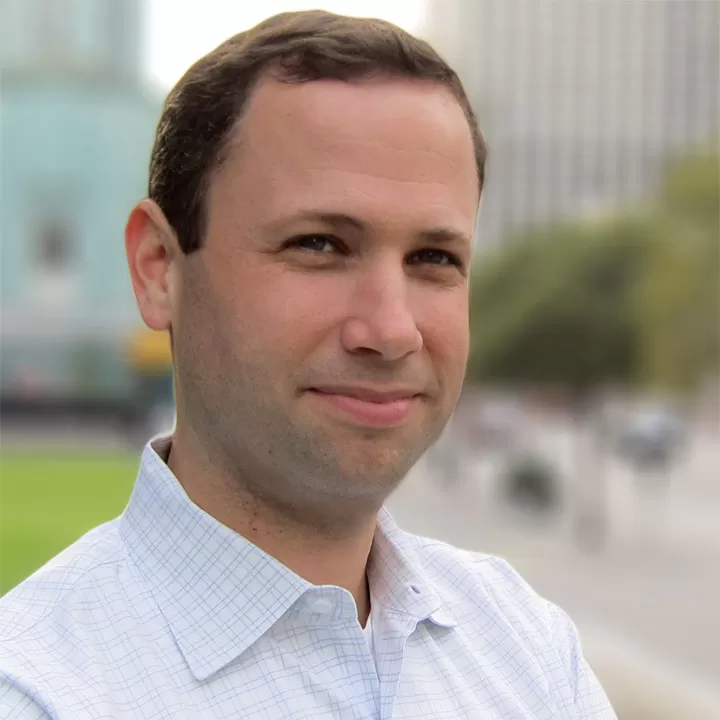Jonathan Nettler has lived and practiced in Boston, Washington D.C., San Francisco, New York, and Los Angeles on a range of project types for major public, institutional, and private developer clients including: large scale planning and urban design, waterfront and brownfield redevelopment, transit-oriented development, urban infill, campus planning, historic preservation, zoning, and design guidelines.
Jonathan is a member of the American Institute of Certified Planners (AICP) and serves on the Board of Directors for the Los Angeles section of the American Planning Association (APA) as the Vice Director for Professional Development. He is also active in local volunteer organizations. Jonathan's interests include public participation in the planning and design process, the intersection between transportation, public health and land use, and the ways in which new ideas and best practices get developed, discussed, and dispersed.
Jonathan previously served as Managing Editor of Planetizen and Project Manager/Project Planner for Ehrenkrantz Eckstut & Kuhn (EE&K) Architects. He received a Master of Arts degree in Architecture from the University of California, Los Angeles and a Bachelor of Arts degree in History from Boston University.
Fracking Debate Comes to California
Hydraulic fracturing may finally allow drillers to extricate oil from the Monterey Shale, creating a shale oil boom that could dwarf ones in states such as North Dakota. Environmentalists are digging in to limit the controversial practice.
A Mobile Encyclopedia of Place
An announcement last week indicates that Wikipedia will become the newest player in the increasingly competitive effort to connect virtual information with physical places.
The World's Most Expensive Cities
The Economist Intelligence Unit has released its list of the world's most expensive cities. Not one city from North America cracks the top twenty.
Feds Favor Widespread WiFi; Wireless Industry Fights Plan
The Federal Communications Commission (FCC) would like to create free public 'super' WiFi networks across the nation, reports Cecilia Kang. The $178 billion wireless industry is fighting the initiative.
Advanced Graphics Illustrate the World's Extreme Infrastructure
Mike Senese spotlights a new television program on the Science Channel that uses innovative graphics to examine how the world's cities have been built to overcome the challenges of their natural environments and serve their citizens.

























